How plug-and-play bakeries in a container empower off-grid regions
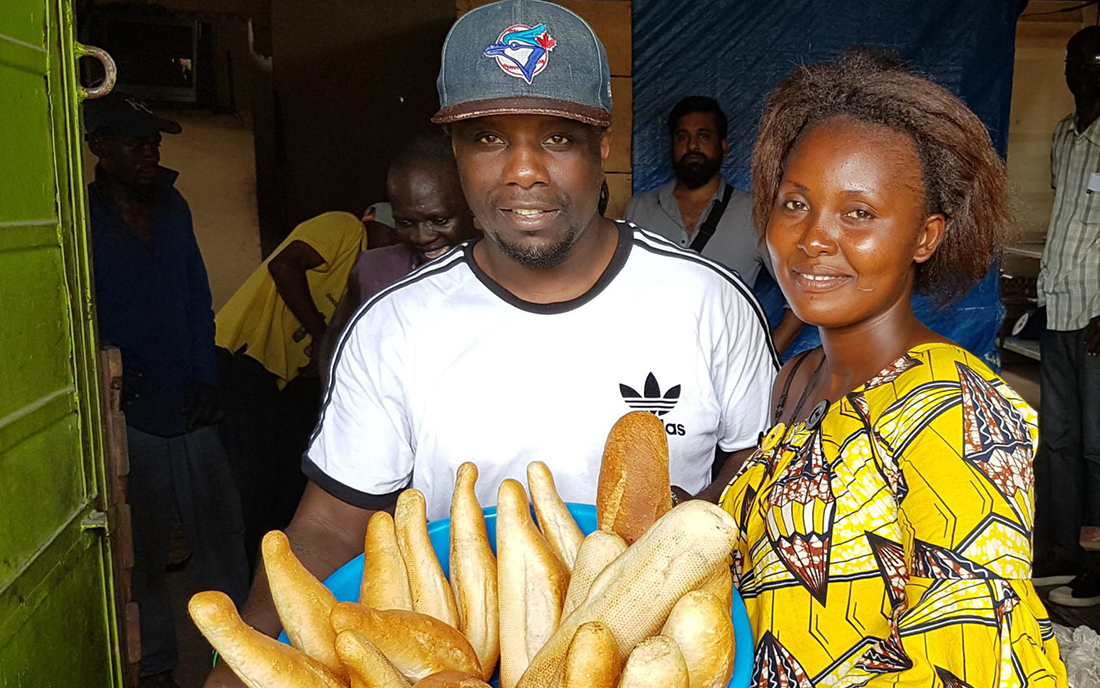
It started with a bakery that was shipped to Kinshasa packed in a shipping container. Now the idea of a mobile, energy-autonomous bakery is being replicated worldwide – financed via a crowd investment campaign.
Two years ago, through GOOD, the search engine for a better world, we supported a still young, small association from Munich, Ya Bana Global Care e.V. It was about a school project in the Democratic Republic of Congo, which was to finance itself through a docked social business. Now the initiator of the project has joined forces with an experienced “serial social entrepreneur”. Find out what is currently emerging from this combination here.
A bakery as a social business that finances a school
Our commitment to Ya Bana Global Care came about rather by chance. Simon Zimmermann, the founder and chairman of the non-profit organisation, contacted us. The approach of the association convinced us. In essence, it wants to make itself unnecessary. In other words, the association supports projects and initiatives that work financially independently after the start-up phase.
Specifically, it was about the construction and operation of a fee-free primary school in Congo, the Centre Ya Bana. This is intended to give children from poor backgrounds access to school. This is because almost all schools in Congo charge school fees, which many cannot afford.
But how do you finance a school without school fees and without state support? The solution chosen by Yabana is to have its own school bakery, which co-finances the school through the proceeds from the sale of the bread.
«Through the bakery in the shipping container, we have already sold more than three million loaves of bread and thus covered the running costs of the newly founded school in Kinshasa.» Simon Zimmermann, Ya Bana Global Care e.V.
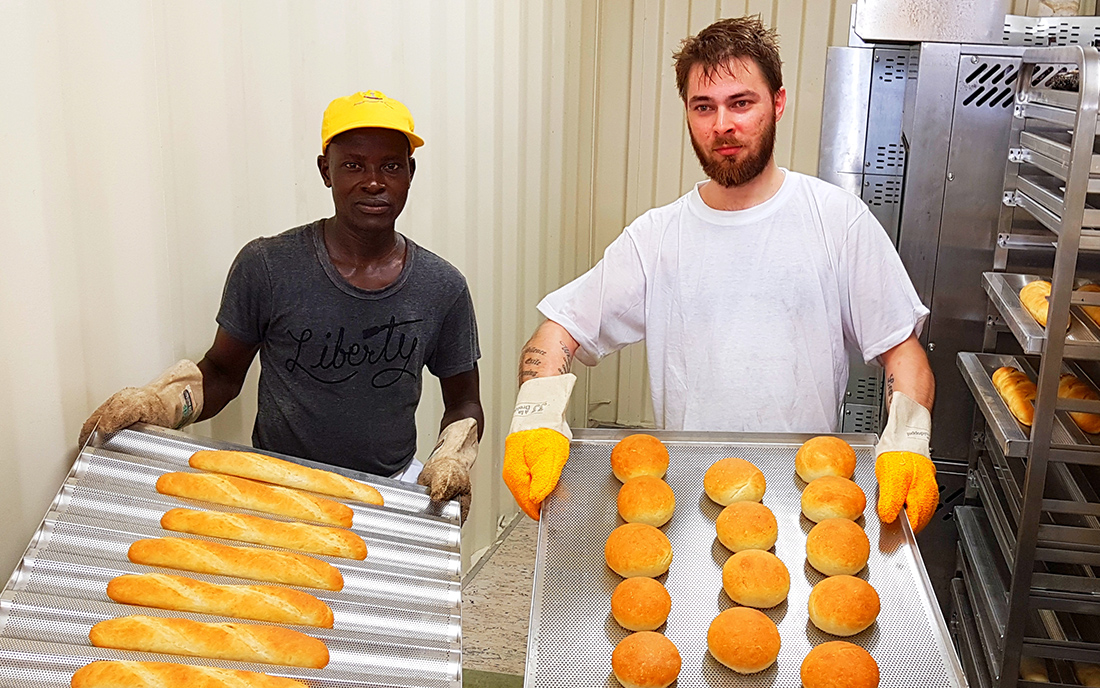
No sooner said than done: The association installed a complete bakery in a classic shipping container and shipped it to Kinshasa. There it is successfully in operation and has already achieved a good € 100,000 in turnover in the first year. Distribution is decentralised. More than 100 women collect the breads – mainly baguettes – in the morning and sell them, for example, at the market or via mobile stands. The bakery is working at full capacity and produces about 4,000 loaves a day – more than 3 million pieces since the start.
The school was opened this year. The concept worked. The proceeds from the bakery finance the running costs of the school, ensuring fee-free access. All in all: a great success.
The idea of an energy-autonomous plug-and-play bakery in a container
But the story does not end here. Because Simon from Yabana had met Torsten Schreiber, the founder of the company Africa GreenTec. Torsten’s start-up builds and operates so-called “solar containers”. These are shipping containers that are removed and equipped with a complete solar system that can be folded out. This not only produces electricity but also provides internet connections, cooling units or other applications as needed. And this in countries with extremely weak infrastructure such as Chad, Mali, Niger or Madagascar.
From this meeting of two experienced founders, the idea of SOLARBAKERY, the solar bakery, was born: the first mobile bakery, now also energy self-sufficient thanks to integrated photovoltaics, ready for use anywhere in the world. The Solarbakery team was completed by Daniel Petruccelli as a former investment banker who followed his passion, completed a baker’s training and expertly accompanies the company.
The solar bakery has been rethought in many respects for energy-autonomous use. The bakery is designed so that baked goods are baked during the day with direct sunlight. To ensure that fresh bread comes out of the oven in the early morning, the baked goods are then finished at night. In this way, expensive battery storage can be reduced to a minimum. This is just one example of numerous processes that have been specially developed for the energy-autonomous use of the Solarbakery.
Roll-out via a crowd investment campaign
Solarbakery’s growth plans are ambitious. The current seed financing round is to be followed by others. This is because the costs of opening their own bakery are too high for many people in the target regions. According to Simon Zimmermann, a fully equipped solar bakery can cost a small six-figure sum. Even though the operation should pay for itself after 2-3 years at most locations. The initial investment remains high. Therefore, Solarbakery wants to operate its own bakeries as well as – in the medium term, the fastest-growing segment – build a franchise system through which Solarbakery entrepreneurs can set up their bakery with manageable initial costs – anywhere in the world.
«Our goal is to create a global network of sustainable bakery businesses, bringing value, jobs and prospects to the regions of the world where they are most needed.» Simon Zimmermann, Co-Founder Solarbakery
The founding team has currently launched a crowd investment campaign, which allows participation from as little as €100, with a maximum of €25,000 per investor. The German-Austrian platform Conda is used, on which Tip Me, another project supported by GOOD, is currently featured. What is special about Conda is that the platform offers subordinated loans as a form of financing. This is an attractive form of financing for young start-ups in particular – especially if a good portion of the customers are located in remote regions of Africa, Latin America or Asia, which is likely to scare off most banks.
The start of the campaign was impressive. In the first 24 hours, €100,000 was raised, a third of the investment sought.
This is how the Solarbakery contributes to the 17 UN Sustainable Development Goals.
These are the impact categories that make the concept so strong:
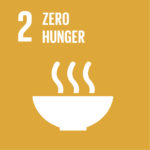
Zero Hunger
Production capacity of up to 3,000 nutrient-rich loaves per day
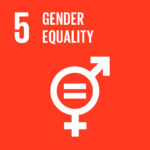
Gender equality
Up to 100 female traders per bakery get a better perspective through bread sales
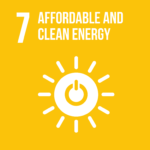
Affordable & Clean Energy
Clean, renewable and affordable solar energy
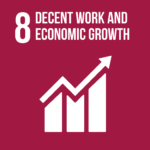
Decent work and economic growth
Each Solarbakery creates up to 120 jobs and strengthens local value chains
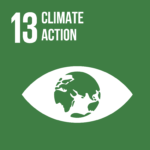
Climate Action
Each Solarbakery saves 19,710 kg CO2 per year, or 54 kg CO2 per day
Questions, criticism, suggestions? Write to us!
Dr. Andreas Renner, Co-Founder GOOD: andreas@good-search.org

